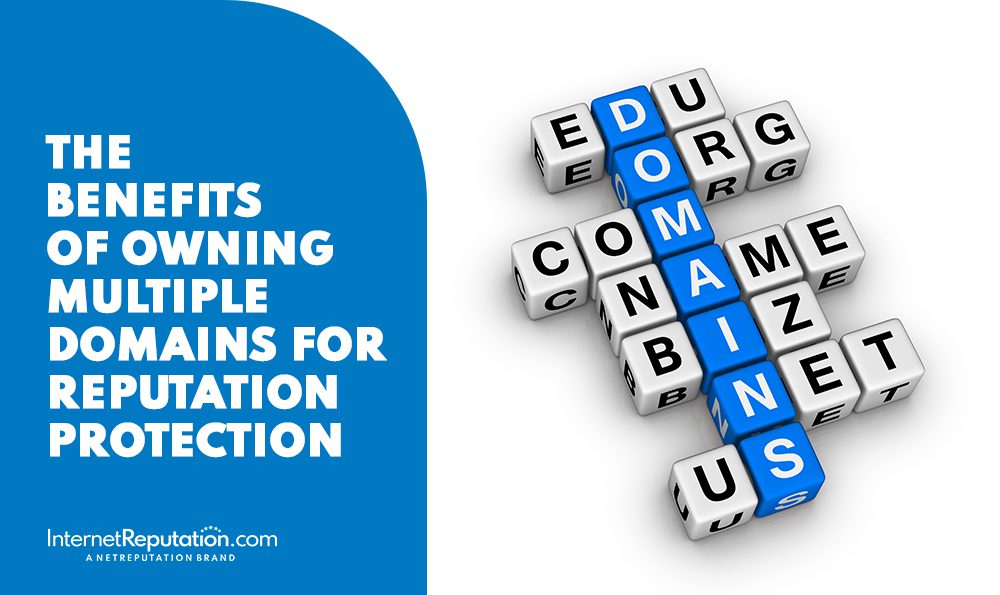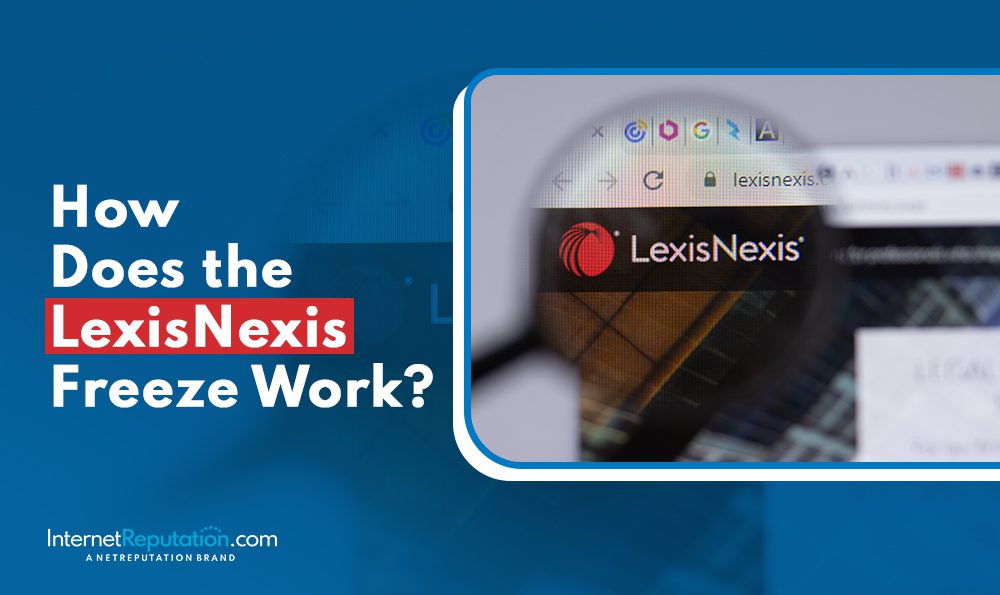Fair or Foul? When Off-the-Field Trouble Threatens Athlete Reputation

An athlete in trouble and a reputation shredded. It hardly seems like news anymore.
For those of us with ordinary athletic ability, an athlete in trouble can be difficult to understand. Haven’t those gifted with exceptional skills been handed the keys to the kingdom? Can’t they just play their sport and ride the wave of public adulation, reaping financial rewards along the way?
You’d think so, but it doesn’t work that way. From illegal drugs to illegal gambling, from DUI’s to far more serious behavior, scarcely a day goes by without news of another athlete in trouble. At the professional level, athletes are a brand, and the brand must be managed and protected. Smart athletes surround themselves with people well-versed in reputation management.
Athlete Reputation Cliche: “I Am Not a Role Model”
We have always looked up to professional athletes as examples of the best we can be. Is it fair to hold them to a higher standard than we hold ourselves? NBA great Charles Barkley didn’t think so; as he once famously announced, “I am not a role model.”
But professional athletes lead privileged lives, and they live it in the public eye. The roll call of athletes who have gotten in trouble – some of it serious – is so long we can only present a partial list, and call it representative. It includes Olympic swimmer Ryan Lochte; baseball players Barry Bonds and Roger Clemens; football star Johnny Manziel, and yes, Charles Barkley.
Some of these athletes are trying to restore their damaged reputations. Others, like Sir Charles, have succeeded. What’s the secret? The most important lesson is to be accountable: to man up, as they say, and take ownership of your athlete reputation.
Type A Personalities
Why do so many athletes get into trouble in the first place?
Maybe they’re spoiled by privilege, and feel invincible. Or maybe it’s because they’re Type A personalities, at the mercy of how their brains are wired.
Charles Barkley may not like it, but athletes live their lives under a lot of scrutiny. When an athlete gets in trouble we notice, even if it’s the guy who insists he doesn’t set any examples.
Am I a Role Model?
After being pulled over for running a stop sign in Arizona in 2008, Charles Barkley tested at nearly twice the legal blood alcohol limit. He wound up pleading guilty to two DUI charges, spending a few days in jail, and entering an alcohol treatment program.
By drinking and driving, the retired NBA superstar was clearly in the wrong. But Barkley also did some things right: he acknowledged that he messed up, and cooperated with authorities from start-to-finish. He was suspended from his commentating job on TNT, and when he came back a few months later he spoke, on the air, about learning a hard lesson. “You have to really think,” he told his viewers, “before getting behind the wheel after you’ve been drinking.”
By owning a bad situation, Charles Barkley quite possibly saved his post-basketball career. He vividly demonstrated that the most important step toward restoring a damaged reputation is accountability. You could even say he became a role model.
Truth Will Out
And then there’s the Olympic swimmer who resisted accountability.
At the 2016 Summer Games in Rio de Janeiro, Ryan Lochte won his twelfth medal overall, as a member of the USA’s 4×200 meter men’s freestyle relay team. He also touched off an international furor by falsely reporting he had been robbed.
Lochte and three Olympic teammates allegedly vandalized a Rio gas station, but before getting away were confronted by an armed security guard. The guard called the gas station owner, who demanded payment for what the swimmers had damaged. The athletes gave him money, but Lochte later told authorities they had been robbed.
The truth always comes out, of course, and Lochte’s story quickly unraveled. He was wrong to lie about the incident; he violated an important rule of reputation management by trying to cover up his wrongdoing. Eventually he apologized for what happened, although some critics found his apology incomplete and self-serving.
As this is written, it is unclear whether Ryan Lochte faces further legal fallout. But he is already paying a price: the Rio games had barely ended when four of his corporate sponsors severed ties to him, costing him as much as one million dollars. One of them, Speedo USA, announced it is donating $50,000 to Save the Children, for the needy children of Brazil – money that would have gone to Lochte.
Athlete Reputation Management: An Ounce of Prevention
Athletes need to get the message: stay out of trouble. But if it comes, the key to managing your athlete reputation is taking responsibility for whatever you did.
But an ounce of prevention is worth a pound of cure, and professional athlete reputation management is the best medicine. InternetReputation.com is a leading provider of Online Reputation Management services, helping clients with customized reputation management strategies.
**
Shortly after this article was uploaded, Ryan Lochte was charged in Brazil with filing a false robbery report. By then the swimmer had returned to the United States. The Associated Press reported that while the U.S. and Brazil have an extradition treaty in place, it is unclear whether Lochte will go back to Brazil to face the charges.
The AP also reported Lochte picked up a new sponsor, Pine Bros. Softish Throat Drops.



